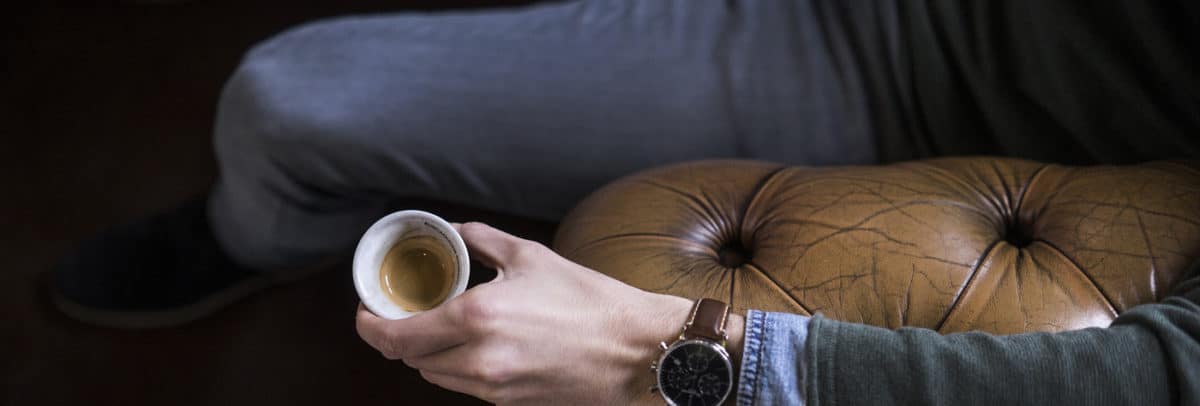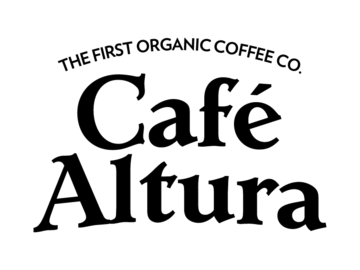
Great Minds Think…with Coffee
The origins of coffee can be traced from Ethiopia to Arabia and, by the 16th century, it had found its way to Europe. At first, coffee was considered the “devil’s drink” because it had come from foreign lands. Then Pope Clement VIII decided he would baptize coffee so that Europeans could enjoy the benefits with Church approval.
Coffee houses first started in Vienna and found their way into English culture by 1652.
Intellectuals, politicians, artists, and writers all found themselves drawn to the coffee shop culture. Only men were allowed to enjoy the coffee in such establishments. Women were only allowed to serve it.
For those who could afford coffee, it became an integral part of everyday life by the 1700’s. Many great minds have been drawn by the allure of a daily cup or two (or fifty) of Joe.
Here are just a few of the famous writers, philosophers, musicians, and politicians who enjoyed coffee throughout their lives.
Founding Fathers
Benjamin Franklin lived in London for part of his life, and even found a favorite coffee shop. He was there so often that he had mail delivered to the shop.
He held political meetings and played chess. He sold his own coffee beans and vowed he never traveled by boat without his own beans, just in case the ship ran out.
Thomas Jefferson said that coffee was his “favorite drink of the civilized world.” Although he was more well-known for his love of wine, his cellar was stocked with barrels of non-roasted beans from the East and West Indies.
Famous Frenchmen
Napoleon loved coffee so much that he requested a spoonful on his death bed. His autopsy showed coffee grounds in his stomach. He is known for saying “I would rather suffer with coffee than be senseless.”
Writer Voltaire, most famous for his tome “Candide,” was known for drinking 40-50 cups per day of a chocolate and coffee mixture. His doctor cautioned him not to overdo it, but he did live into his 80s, which is impressive considering the shorter life expectancy of his day.
Voltaire loved coffee so much that he would pay his servants bonuses for finding his favorite beans.
Louis XV, who lived at the famous Chateau de Versailles in the 1700’s, was a coffee aficionado. He grew, handpicked, roasted, and ground beans himself. He took great pride in having his own coffee served to his guests.
French novelist Honoré de Balzac was known for drinking coffee all day and all night, and credited the substance with helping him write for long periods. He consumed approximately 50 cups a day, and wrote day and night.
A typical day for him was writing from 9:30 am to 4:00 pm, sleeping, then waking and writing from 1:00 am to about 8:00 am. At this point, he would take a short nap, to awake at 9:30 am and start the process all over again.
Composer Café
Two of the world’s most famous classical composers are well-known for their coffee habits. Ludwig van Beethoven counted 60 beans per cup of coffee, and was very particular that only he could make it.
Johann Sebastian Bach, a prolific composer who lived about 100 years before Beethoven, wrote a “Coffee Cantata” in 1732 with a storyline about a caffeine-addicted daughter and the father trying to marry her off. First, she must kick her habit. The story ends happily ever after when the daughter finds a suitor who also loves coffee. The final act features the three of them singing the praises of the almighty coffee bean.
In the 21st century, coffee is not a rare commodity. Finding writers, musicians, and famous people who don’t drink coffee might be more of a challenge.
If you count yourself among the creatives and great thinkers and you tend to influence the world while fueled by coffee, don’t settle for second best.
Fairtrade coffee encourages an environment where farmers receive fair recompense for their work. And organic coffee is better for the environment, better for farmers, and healthier for you.
Invest in good quality coffee, don’t compromise, and have it your way. You may soon see the positive effects on your work and your ideas.
